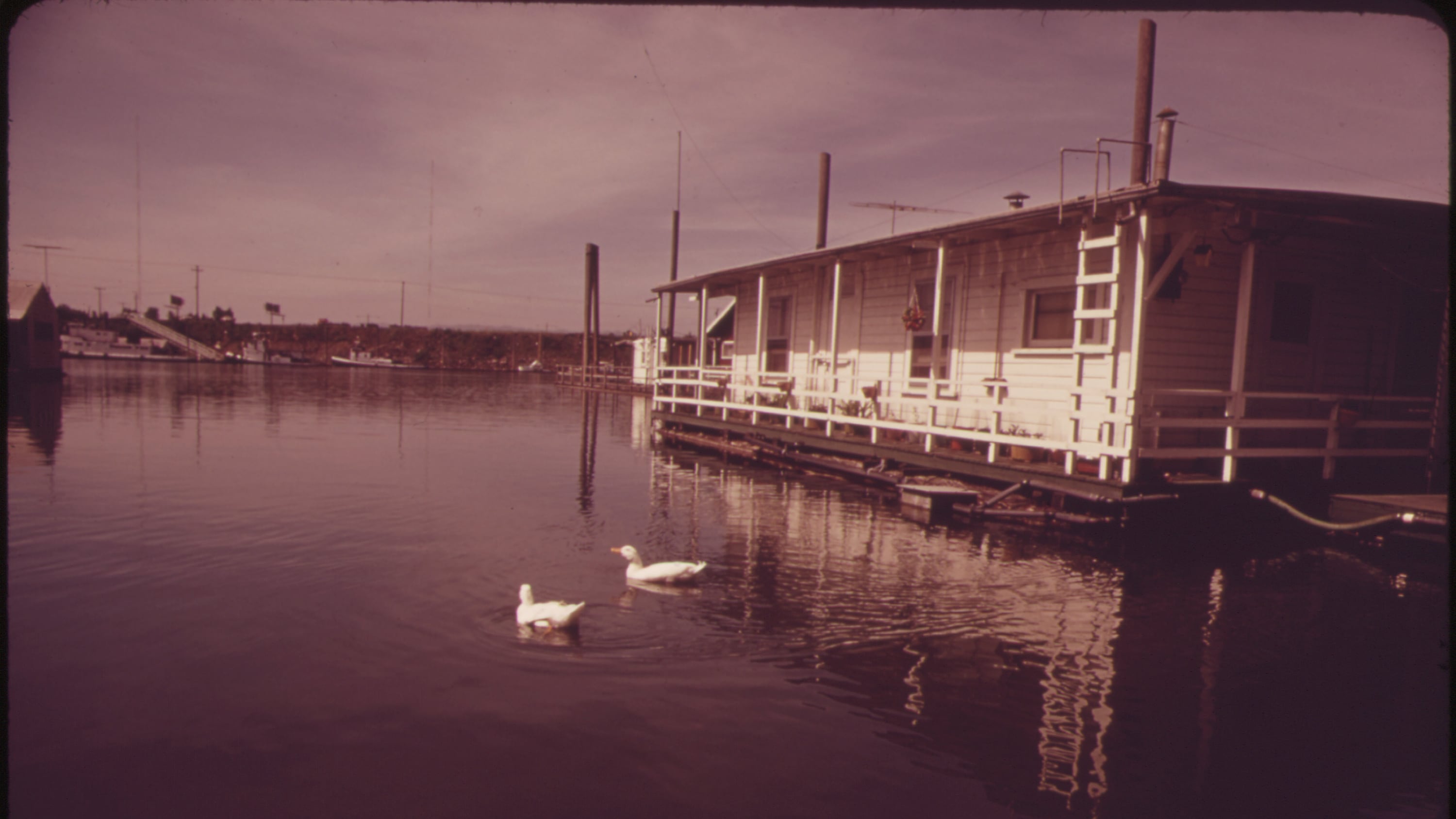I've been reading about how luxury houseboats are the next big thing in Portland's overheated housing market. Are you safer in a houseboat than on land during an earthquake? —Just Wondering
It's impossible to read your question, Wondering, without being reminded of Prince's 1987 hit, "Housequake." (And, to a lesser extent, of the somewhat disappointing follow-up single, "Earthboat.")
The search for affordable housing has brought us tiny houses, treehouses, ADUs, motor homes, cob structures, rammed-earth dwellings and yurts. Are houseboats next? Also, will they kill you?
Let's begin by acknowledging you and I are a-holes because we're saying "houseboat" when we probably mean "floating home."
Floating homes have no independent means of propulsion. Like trailers, they can be towed from place to place, but they're intended to be stationary.
Houseboats, meanwhile, are powered floating homes that can be navigated like conventional watercraft. This is why they're called "Winnebagos of the Sea."
Whether your floating domicile is safe in an earthquake depends on whether you're docked on an ocean, lake or river.
By now, everyone should know that the Oregon Coast will be body-count ground zero when the Big One—and it's accompanying tsunami—hits. You might imagine you can float above the mayhem, but unfortunately you'll be slamming into everything else—dead trees, school buses, other houseboats—that's also floating above the mayhem, challenging the very definition of "above the mayhem."
If you're on a lake, you'll have to worry about something called a "seiche," which is a sort of back-and-forth sloshing that will probably eff up a lot of the floating homes on Portage Bay in Seattle.
Your chances on our local rivers, however, are actually pretty good—you're not likely to experience a seiche, and the tsunami that will reduce Newport to a smoking ruin will be a mild, 6-inch-high ripple by the time it makes its way all the way up the Columbia to Portland.
I suppose you could still complain about all the assorted debris and toxic chemicals that will have fallen into the river between here and Eugene—not to mention the loss of services, scattered fires and general reversion to savagery—but what do you expect in a natural disaster? Shut up, already. Damn.

